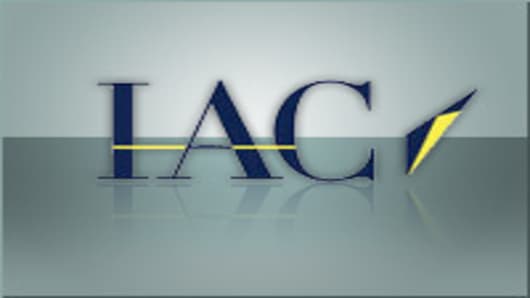Wall Street is paying a lot of attention to the new slimmed-down InterActive Corp (new ticker: IACIV), which will continue to be the Internet division of the company. Including Ask.com -- which has a profitable multi-year deal with Google -- Match.com and Citysearch.com, the division grew revenue 11 percent in the difficult environment of its second quarter.
Standard & Poors equity analyst Scott Kessler pointed out to me that the new IAC also has a range of promising smaller companies plus enough cash on its balance sheet to make additional acquisitions.
Then there's Ticketmaster, which is going public just as it's about to face its biggest competition ever: Concert promoter LiveNation, which now contributes 14 percent of Ticketmaster's revenue, will start competing with Ticketmaster head-on in January.
To compensate for that lost revenue, Ticketmaster has been making acquisitions, cutting costs, and growing internationally (international revenue has been growing an average of 30 percent annually, compared to 14 percent for the overall company). And now Ticketmaster is hoping to leverage the Olympics to expand into China.
HSNI (the rechristened HSN), the TV and online shopping network, is effectively a bet on the consumer economy. The company hasn't been growing particularly fast over the past few years, even when the consumer was stronger. But Lehman Brothers analyst Doug Anmuth is optimistic about this stock, pointing to the company's new strategy, which includes an emphasis on exclusive HSN products.
And then there's Lending Tree, which has been hammered along with the mortgage market.
That business has been such a drag, management even dropped the word "lending" from the website -- now it's just Tree.com. Most investors are likely wary of this business, and for good reason.
But some risk-taking investors are asking how much lower it can go. These assets are worth something; maybe more than the amount for which they'll start trading. Or, those Lending Tree assets could be sold off, as could a number of these assets in the four new public companies. After all, we've been hearing about a potential QVC-HSN merger for a while. And even the Interval Time Share business could be attractive to Wyndham's RCI. We'll be watching how the four new stocks move tomorrow.
Questions? Comments? MediaMoney@cnbc.com



